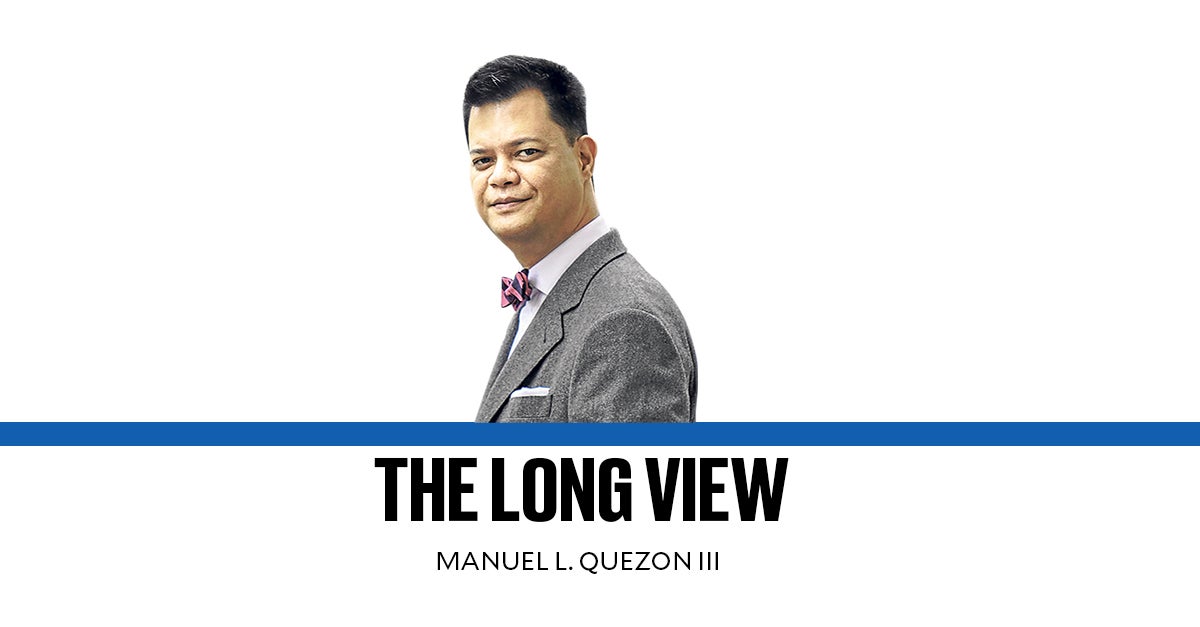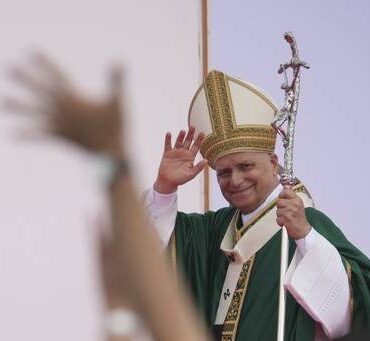Police mentality

There is a pattern here: shoot first, ask questions later. It is a mentality characteristic of the police, but they have no monopoly on it: politically speaking, even many of the well-intentioned indignant over corruption, subscribe to it, or at least, enjoy it.
Former Philippine National Police chief Gen. Nicolas Torre III, Baguio City Mayor Benjamin Magalong, and Sen. Panfilo Lacson, incidentally, all three once upon a time senior police generals, have thrilled at riding high in the public’s estimation, only to smear themselves against an immovable wall of institutionally acceptable conduct. The barrier is this: you really can bite off more than you can chew.
Torre, whatever his justifications might be, indulged in an act of insubordination too far; so did Magalong, who went from adviser to bloodhound after already being cautioned that his acceptance of a presidential task while retaining a local executive’s job (and his own enthusiastic acceptance of political backing from a senator being questioned over his public works record) represented conflicts of interest, no trivial matter for someone presenting himself as the incarnation of good governance; and where have you seen a Senate President Pro Tempore put his Senate President in peril in the manner Lacson did, by casting a wider and wider dragnet even as he inched forward on initial investigations?
In all three instances, their self-proclaimed aims of good governance could have been better—because longer— served—by their having a little more self-control, indulging in a little less grandstanding, and displaying a lot more situational awareness of those who are motivated by already being incriminated in crimes, ready to pounce the moment their tormentors made a mistake.
Of the three, it was Lacson who demonstrated that old habits truly die hard. “Gratuitous” is the precise word to describe his tarring nearly all his colleagues with a wide brush, and “imprecise” is the precise way Senate President Vicente Sotto III had to describe that effort at attributing guilt. Virtually all senators, he said, proposed amendments to the budget in open session, something that is every legislator’s job; but only a few made insertions to it behind closed doors in the small huddles comprising the bicameral conference committee—the scandal at hand.
Sen. JV Ejercito objected to being tarred, and by so doing, set off the alarm that a coup was in the works. Lacson fired off a letter—a formal tantrum—declaring not only his virtue but also his sulky resignation from the chairmanship of the blue ribbon committee. The adults in the room tried to soothe the wounded pride of their colleague.
Sen. Francis Pangilinan revealed, “My sense was and is that while there were some colleagues in the majority bloc who disagreed with earlier public pronouncements made by him, the matter had been threshed out and clarified by him in a majority caucus held last Wednesday, Oct. 1. No one in the majority bloc sought his replacement as blue ribbon committee chair,” adding, “I appeal to Sen. Ping to stay on…” Sotto remarked, “Sen. Lacson is frustrated; I will support whatever decision he makes.”
But whether Lacson relents—and it would be good if he did, because he does know how to conduct a thorough investigation—the damage has been done. He rashly painted a target on the entire institution, rending it—and Lacson and his committee—vulnerable because, if true, his accusations extinguished the legitimacy of the Senate.
Were alarmed senators to push through with their warning of a coup, it wouldn’t save their necks but rather paint vivid targets on their backs. On one hand, there would be greater public anger; on the other, it would add to the perception of the foul public mood as fostering adventurism among the original suspects: those already facing cases and fearing future cases, because of the many crimes they can be accused of when it comes to public funds. In a time of extremism—bloodcurdling romanticizing of the Nepal lynchings and burnings, outright sedition by retired officers, and constant rhetorical and social media escalation by the former regime wanting to accelerate the dawn of its own restoration—then the least extreme, because still constitutional, emergency measure not only becomes plausible but objectively necessary.
Recall: there is one official whose popularity is rising, and it’s the President. If the public sees no further utility in Congress and yet is alarmed by efforts of the investigated to shield themselves by inciting military coups and stoking the fires of sedition, no President would be able to resist the invitation to impose order through emergency rule.
—————-
Email: mlquezon3@gmail.com; Twitter: @mlq3





















Fortifying the teacher licensing system